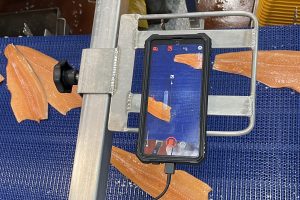
Make seafood production and processing more responsive and responsible? Sounds like a job for AI
Environmental reporting and quality control are two additional areas in which artificial intelligence can boost seafood producers' performance.
A new study shows that impact assessments don’t fully capture the environmental risks of mining to salmonid-bearing watersheds.

Environmental reporting and quality control are two additional areas in which artificial intelligence can boost seafood producers' performance.
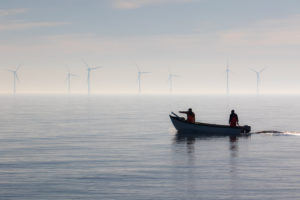
The clam fishing industry will experience revenue losses as offshore wind energy develops along U.S. Northeast and Mid-Atlantic coasts, researchers say.

World Trade Organization members have struck an agreement to end subsidies that contribute to overfishing, a decision that took 20 years to reach.
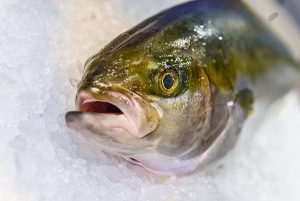
Climate change alters the fishing industry and the impact is already being felt, according to experts at fish international.
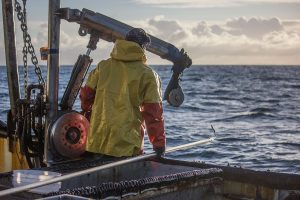
Artificial intelligence is providing valuable data to fisheries, cutting costs and the need for human review. Can the technology be perfected?
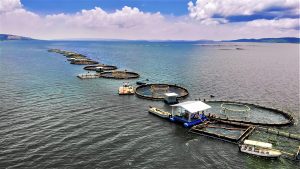
Prof. Boyd and co-authors discuss and contrast the production of protein by fisheries and aquaculture, and various terrestrial-based animal protein sources.
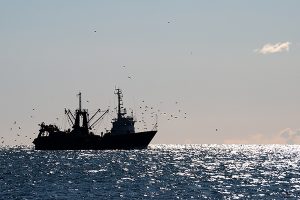
Stanford University-led research finds that more than 50 percent of assessed ports are associated with risk of labor abuse or IUU fishing.
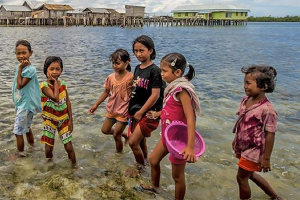
U.S. development agency announces 24 new initiatives, including small-scale fisheries and aquaculture projects, during the Our Ocean Conference.
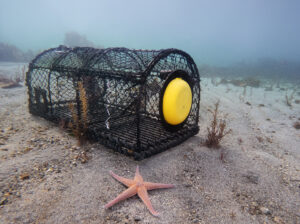
The global ghost fishing problem has negative environmental and economic impacts, but new technology could help locate and retrieve lost fishing gear.
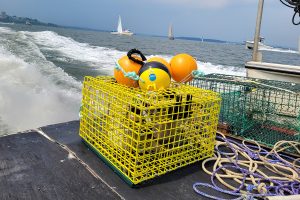
Ropeless fishing gear can prevent whale entanglements and reduce the amount of discarded or lost fishing equipment but the cost is a limiting factor.
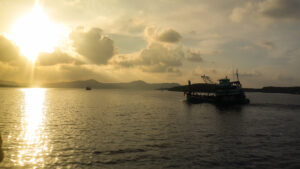
The Sustainable Fisheries Partnership’s new data-sharing tool helps users identify environmental risks and eliminate IUU fishing in seafood supply chains.
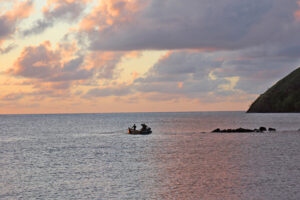
A new study indicates the ocean is losing oxygen due to climate change, greatly affecting fisheries and other marine resources.
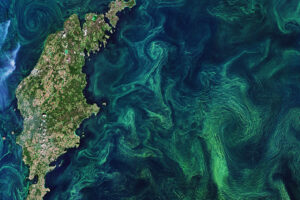
Marine heatwaves have already caused severe losses for seafood, but in some cases, the industry may see some benefits from these events.
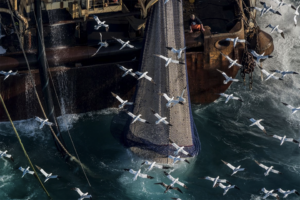
The decline in fish populations is "far worse" than previously estimated, according to the Global Fishing Index, a new assessment of fish stocks. One noted expert, however, disagrees.

Quantifying a direct link between primary production and fisheries economic performance apprises ecosystem overfishing limits, economic consequences.